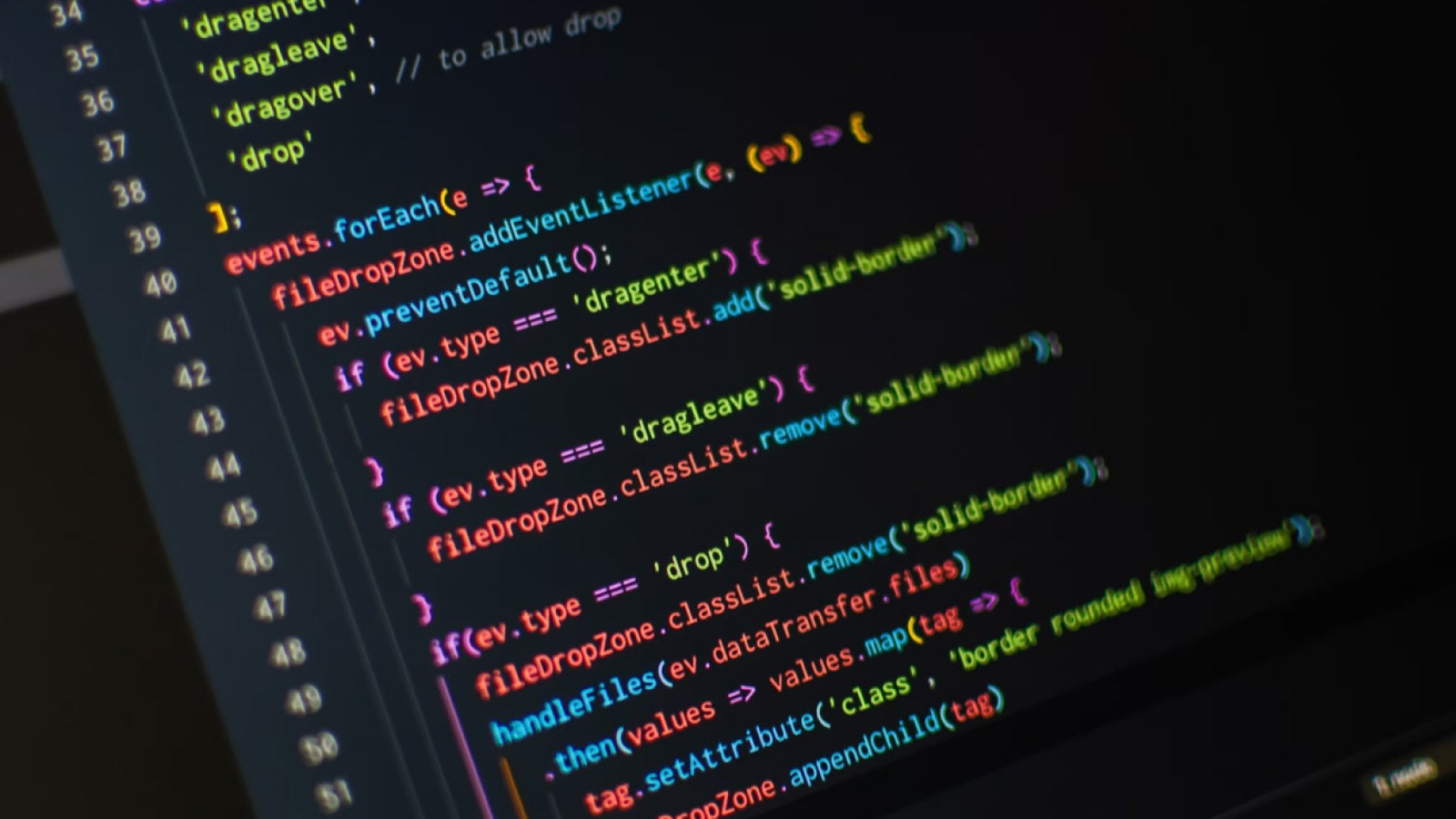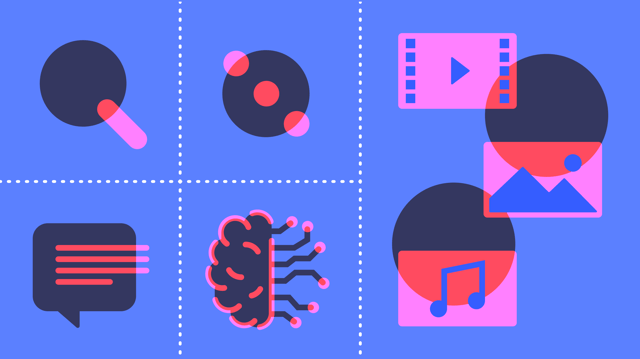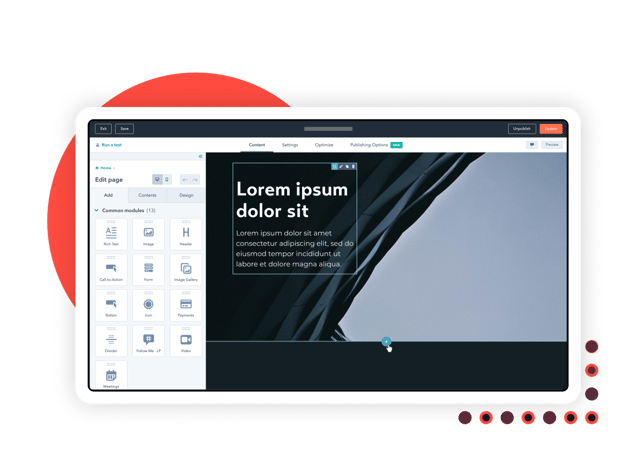Headless CMS vs Traditional: Benefits and disadvantages


Headless CMSs are becoming more and more popular these days. But why is this the case? What are the benefits of a headless CMS compared to traditional ones? And how do they differ? This article takes a look at what makes headless CMS different, as well as some of the advantages and disadvantages. We also take a look at whether or not it's right for you!
What is a Headless CMS?
A headless CMS is a content management system that doesn't have a graphical user interface. In other words, it doesn't display the website's design or layout - only the content. This makes it perfect for situations where you need to manage and deliver content to different channels, such as websites. If you want a very concise explanation of what a Headless CMS is, this is the best explanation I've come across - Headless CMS explained in 2 minutes.
Let's investigate some of the promises that Headless CMS makes, and see if they are enough for you to join the tribe.
Promise No.1: Headless CMS means that you can easily publish out to many channels
The short answer is yes, but how many different channels do you publish to? There are definitely types of projects where an omni-channel publishing system makes sense, and a Headless approach may be the way to go, but if you only manage your website(s) and a mobile app you could easily stick with a traditional CMS. If your other channels happen to be social media posts, is the benefit of being able to post from your CMS back-end worth the extra development time and cost? So before committing yourself make sure this will actually benefit your business goals!

Promise No.2: Headless is future proof
This is true. In theory you can keep your content in a headless CMS forever. When it's time to refresh your site design, you simply redesign the front end. The caveat is that if you want to rewrite your content or, to a lesser degree, the site structure, it may actually be cleaner to use a new back end.
However a website is more than just the content, it's also the functionality which will either be provided via plugins or custom development. These parts of your application may still need to be upgraded .
Promise No.3: Headless allows your developers to work with latest and greatest technology
Again this is correct. The decoupled back-end and front-end frees up your developers to pick whichever front-end tech best suits each project.

Additional benefits are:
- Latest frameworks can mean your pages load faster and more elegantly (Good for your users and SEO!).
- Your site will attract the best developers who want to work with latest tech.
- Migrating a site to new hosting provider as you only need to migrate the front-end files - although there is less reason to ever need to migrate at all
Promise No.4: Headless is more secure
Headless websites are more secure because they have a limited connection to the back end, which makes it harder for hackers. Even if your files were ever hacked it would be a very simple process regenerate all the front end files again! Your data is never compromised because the back end is hosted and managed by the Headless CMS vendor and is being constantly updated and scanned for vulnerabilities.
Promise No.5: With a headless CMS you can write your content earlier in the project lifecycle
This is somewhat true because content creators don't need to wait for an actual website to be developed before starting to write. A solid content structure is still important or your users will end up having to rewrite some content later. Technically this same approach could be taken with a traditional CMS so many of the same pitfalls still exist.
Warning: Not all content is that easy to structure up front. Think a recipe vs a free-form article.
Final consideration:
Writing & editing with a headless CMS is a very different experience to a traditional CMS, as structures are looser and it's possible to make a mess. Good naming conventions and structure are key here.
If you are used to having a ton of widgets and features to play with, you need ensure that a headless CMS will give you the power you are after without spending a lot of money on features to be developed that may have come out of the box with a traditional CMS.
At Webcoda we love discussing everything CMS so before taking the plunge feel free to reach out so we can help you make the best decision - let's chat.



